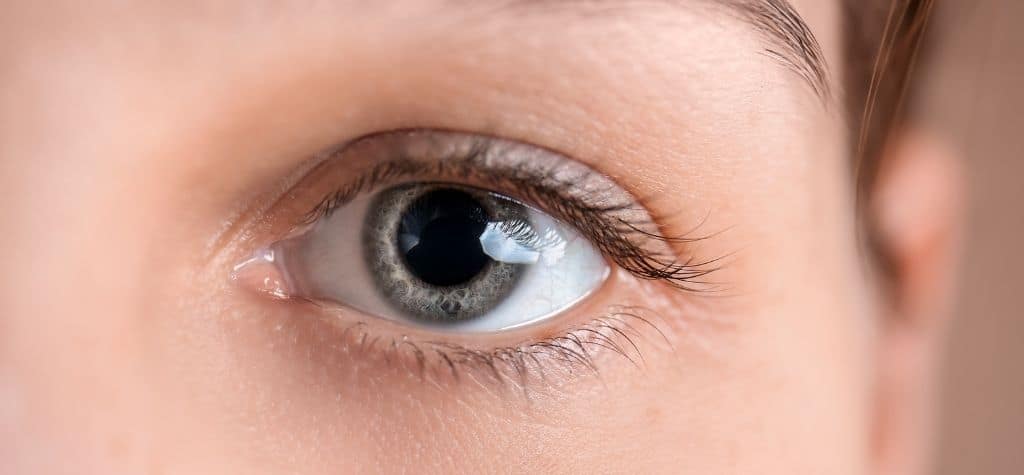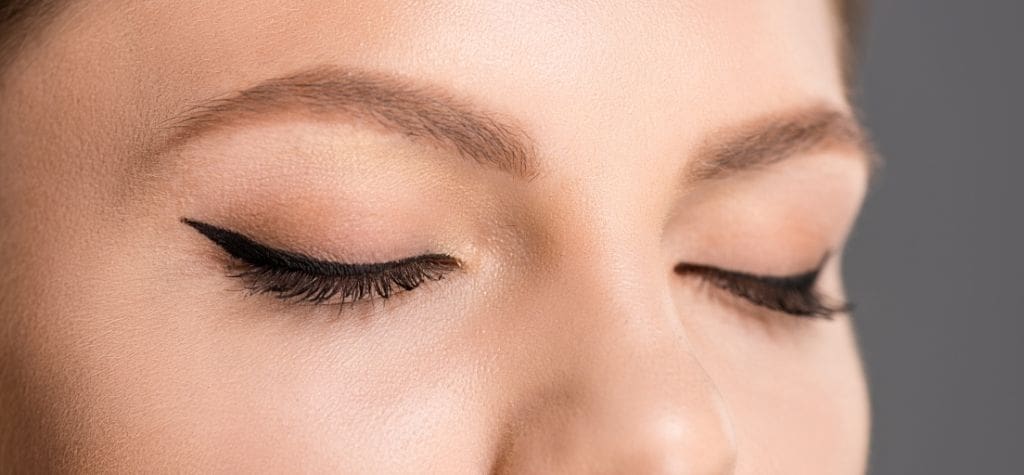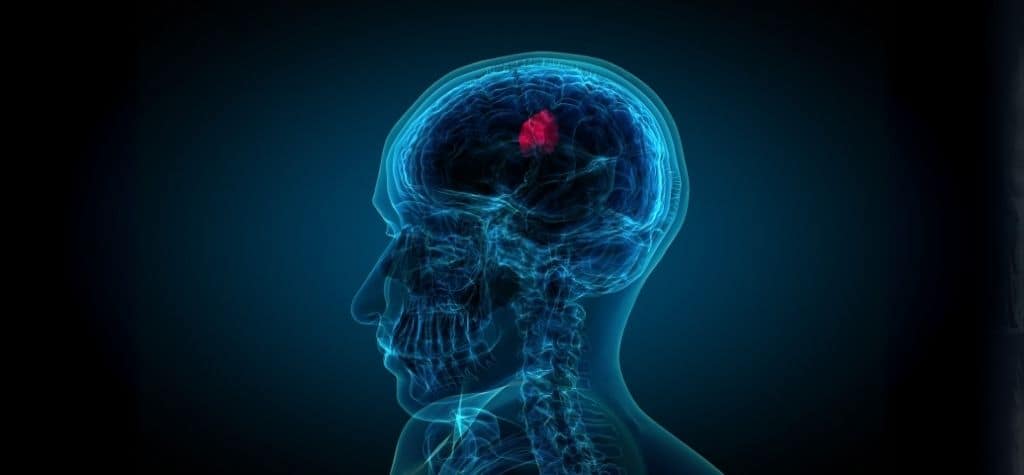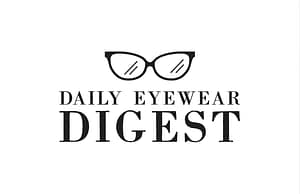Did you know your eyes can say a lot about your brain’s health? It might sound surprising, but those little windows to the soul can also be portals to your neurological well-being. Doctors and neuroscientists alike are increasingly turning to the eyes for early clues about brain disorders. From pupil responses to blinking patterns, the eye’s subtle cues can hint at serious underlying issues before any other symptoms appear.
In this article, we’ll uncover 7 things your Eyes Reveal About Your Brain Health, offering valuable insights into why regular eye checkups are more important than ever.
Why Your Eyes Are a Window to Your Brain

Your eyes and brain share a deeply connected relationship. The retina at the back of your eye is actually part of your central nervous system. It’s the only place in the body where you can directly view blood vessels and nerve tissue without surgery. This makes it a valuable site for detecting brain-related diseases.
Moreover, the optic nerve connects the eye directly to the brain, meaning that anything affecting the brain—such as inflammation, injury, or disease—can reflect in the eyes.
The Science Behind Eye-Brain Health Indicators
Role of the Optic Nerve
The optic nerve serves as the direct line of communication between the retina and the visual cortex in the brain. Damage or swelling in this nerve can indicate multiple sclerosis, tumors, or intracranial pressure.
Eye Movement and Brain Function
Have you ever noticed someone with jerky or slow eye movements? It could signal a neurological issue. Doctors often test eye motion when diagnosing brain injuries or conditions like Parkinson’s and Huntington’s disease.
1. Pupil Response and Brain Injuries

One of the most immediate signs of brain trauma can be seen in your pupils. Normally, pupils constrict in bright light and dilate in dim light. But if one pupil is slower to respond—or doesn’t respond at all—it could point to brain injury or increased intracranial pressure.
This test is routinely performed in emergency rooms for patients with suspected concussions or traumatic brain injuries (TBIs).
2. Eye Tracking and Cognitive Decline
Your ability to follow a moving object with your eyes says a lot about your brain’s processing speed and coordination. Abnormal tracking patterns are often seen in early stages of Alzheimer’s disease and dementia.
Recent research shows that eye movement tracking may help doctors catch cognitive decline before memory problems even begin.
3. Vision Changes and Stroke Warning Signs
Sudden changes in vision, such as blurred or double vision, could be a red flag for a stroke. The brain’s occipital lobe handles vision, and when it’s deprived of blood flow, vision is often one of the first senses affected.
If you or someone you know experiences these symptoms, it’s crucial to seek emergency medical attention immediately.
4. Retinal Imaging and Neurodegeneration
Optical Coherence Tomography (OCT) is a non-invasive scan that captures high-resolution images of the retina. Changes in retinal thickness and blood vessel patterns can signal diseases like multiple sclerosis and Alzheimer’s before clinical symptoms appear.
This makes retinal imaging a promising tool in the early diagnosis and management of neurodegenerative diseases.
5. Eyelid Drooping and Brain Disorders

A subtle droop in one or both eyelids—known medically as ptosis—might not just be a cosmetic concern. It can indicate serious neurological conditions like Parkinson’s disease, myasthenia gravis, or even brain aneurysms.
In myasthenia gravis, for instance, the communication between nerves and muscles is disrupted, often first affecting the muscles that control the eyelids. If you notice persistent or worsening drooping, it’s essential to consult a medical professional for further evaluation.
6. Blinking Patterns and Mental Health
How often you blink—and how rapidly—can reveal a lot about your mental and emotional state. For example, excessive blinking might be linked to anxiety or stress, while unusually slow blinking could be a sign of Parkinson’s disease or other cognitive impairments.
Blinking also affects tear production and eye moisture, which indirectly ties into focus and alertness, hinting at how your brain processes fatigue and emotional strain.
7. Eye Pressure and Brain Tumors

Increased intraocular pressure (IOP) is commonly associated with glaucoma, but it can also indicate problems deeper within the brain. A brain tumor, especially one pressing on the optic nerve, can lead to elevated IOP or even optic disc swelling (papilledema).
Though rare, this is a critical signal doctors use to recommend neuroimaging when unexplained vision changes occur alongside headaches or nausea.
Frequently Asked Questions (FAQs)
Can eye exams detect neurological conditions?
Yes, comprehensive eye exams can identify early signs of conditions like multiple sclerosis, Parkinson’s disease, and even Alzheimer’s by assessing the retina, optic nerve, and overall eye function.
What eye symptoms should prompt a brain scan?
Symptoms like sudden vision loss, double vision, abnormal pupil responses, or optic nerve swelling should prompt immediate medical attention and possibly a brain scan.
How are Alzheimer’s and eye changes linked?
Alzheimer’s disease often leads to thinning of the retina and changes in eye movement. These signs can be detected through retinal imaging techniques like OCT.
Can stress really affect how your eyes behave?
Absolutely. Stress can lead to eye twitching, excessive blinking, and even dry eye syndrome due to hormonal changes and muscle tension around the eyes.
What technology is used to see brain issues through eyes?
Optical Coherence Tomography (OCT), fundus photography, and visual field tests are common technologies that offer non-invasive ways to detect changes linked to brain health.
When should you consult a neurologist or ophthalmologist?
If you experience unexplained vision changes, eye pain, drooping eyelids, or persistent headaches accompanied by eye symptoms, consult an eye doctor first. They may refer you to a neurologist for further evaluation.
Conclusion: Trust Your Eyes—They Know More Than You Think
The human eye isn’t just a lens to the world—it’s a powerful diagnostic tool for what’s happening in the brain. As we’ve seen, 7 things your Eyes Reveal About Your Brain Health are not just theoretical; they’re rooted in real, clinical observations. Regular eye checkups could do more than protect your sight—they might just safeguard your brain as well.
If you haven’t scheduled a comprehensive eye exam lately, now might be the time to do so. After all, your eyes might be telling a story your brain has yet to speak aloud.

